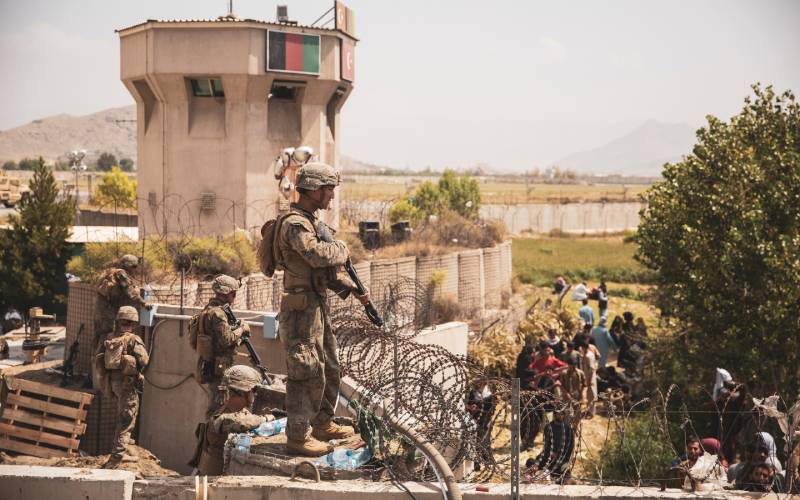×
The Standard e-Paper
Stay Informed, Even Offline

To most people, it’s a paradox why the United States of America and its allies got into Afghanistan and stayed on for 20 years. But I was in the US when the September 11 terrorist attack took place.
I saw and felt the anger among the Americans. Their fortress breached, they acted, uprooting the Taliban who had taken power in Afghanistan in 1996.